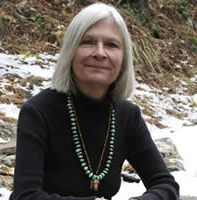The Foundation for Gaian Studies
None of us are strangers on this Earth but emerge, as all life does, out of its mystery and wonder, a part of the circle of life, kin to all that is. For most of our lives, we in the Foundation for Gaian Studies have worked to deepen that kind of relationship with Earth, to once more live in the circle of life, to feel, in the depths of us, that we are kin to all that is. The journey has been a long one; it takes a long time to become Earth looking out of human eyes.
Through our many ways of teaching the past decades (ceremony, healing, writing, research, long contemplation with plants and ecosystems, public speaking, and workshops) we have been sharing what we have learned about reinhabiting our interbeing with Earth.
Our understanding of Gaia has been essential to this, that is, that the Earth itself is a self-organized whole, a superorganism of which we are only a tiny part. Our experience of the Earth as alive, intelligent, and aware – what some call Deep Gaia -- is fundamental to our work. We firmly disavow shallow Gaia (the Earth as a living organism but not intelligent or aware) and Earth systems science, which denies all three attributes but still treats the Earth as if it were one interconnected whole.
Information about the true nature of this living scenario from which we have been expressed, of which we are an inextricable part, and to which we will return, is important simply because every one of us has been infected by bad software, stories told us from the moment of our birth that have little to do with how Earth truly is. The information we have absorbed as an accurate description of the world (but is not) acts like a lens covering our eyes so that in our time, nearly all of us see only what we have been trained to see. So, accurate information helps because it empowers each of us to respond (internally and externally) to that older way of thinking.
Still, if information alone could change the way our species interacts with the world, it would already have done so. For we have information by the bucketful. It has made little difference in altering the virtual reality in which the species now lives, truly believes is the world around it. The solution to the serious problems that face us is much more difficult than simply gathering more information for it entails the alteration of the experiential roots of who we think ourselves to be, means altering the very fabric and behavior of our lives, our cultures, our nations.
As an elder of the Kalihari bushmen once said: those of us in the western world must awaken our hearts again to the touch of the Earth upon us; walk away from the dissociated mentation that rationalists have insisted is the only way to understand our Earth and lives; embrace what the rationalists inaccurately call anthropormorphism and come to understand rationalist mechanomorphism for what it is. It is, as Gregory Bateson once said, “an epistemological mistake, perhaps more serious than all the older epistemologies that insisted upon fundamental unity.” What is actually true is that we have a lot more in common with a plant than a car. Mechanomorphism alienates us from the world around us, from the response of our hearts to what is presented to the senses, to who and what we are. It denies what is most fundamentally human to us, makes it impossible to recognize the other intelligences of this planet (from the smallest bacteria to the larger self-organized entities that have been named ecosystems), and isolates us from the companionship and caring with which we are always surrounded.
There is another, much older, way for us to understand our world and our place in it, one far more sustainable than the path our species is now on. And it is that older way of being that those of us in the foundation for Gaian studies have been relearning, speaking of, and writing about for most of our lives. The first step in the decolonizing of ourselves, and often the most difficult, is to reclaim our capacity to feel the touch of the world upon us. The first act of disobedience is contemplation of what has touched us. The most important act of ecological reclamation is to abandon the long loneliness of the human species and once again reinhabit our interbeing with the world. All our work is about this act of reclamation, the steps necessary, and the difficulties that each of us will encounter on the way.
There is not a one of us who does not know we have reached a crisis point in our habitation of Earth. The solution does not lie in top down pronouncements of experts telling us how to reclaim our damaged ecosystems. It begins with the ecological reclamation of ourselves, a necessity that millions of us feel every day in the depths of us. For the Earth is speaking to each and every one of us, telling us it is time, insisting that we allow the old wisdom to come into the world once more. And to each and every one of us the Earth has given a work that only our unique genius can express, in our millions, in the ecosystems we each inhabit -- for it will take us in our millions to do the work that is needed. None of us know why we are called to do what we feel we must do, only that we must do it, that something deeper inside us is urging a particular path.
That is why hundreds of thousands of herbalists have been learning to listen to the plants the past half century, how it has blossomed from the tiny movement it once was. It is why permaculturists and organic farmers and artisans of every kind have come to the work they do. Millions of us, in every country on Earth, creating solutions to the problems that have captured our attention and will not let us go.
In the links that follow, you can find out more about the work we do at the Foundation for Gain Studies, our writings, and our teaching. Should you feel something in it that touches you, we invite you to join us. But only if you are moved, for there are many like us now, speaking for the Earth, doing the work they have been given to do. And it makes the most sense to learn from those that move the depths of you and ignore the ones that do not. For a lot of this work is about trusting how you feel when something from the wildness of the world reaches out and lays its hand upon your shoulder. It is in the response of your heart to the touch of the world upon you that the path is found. As Walt Whitman once said: “Be not discouraged, keep on, there are divine things well envelop’d, I swear to you there are divine things more beautiful than words can tell.”
Would you like to receive our irregular newsletter?
If so, please send the request to: trishuwa@gaianstudies.org with the word "newsletter"
in the subject line and we will put you on the mailing list.
© The Foundation for Gaian Studies, All Rights Reserved | website: TMatelsonWordPress.com








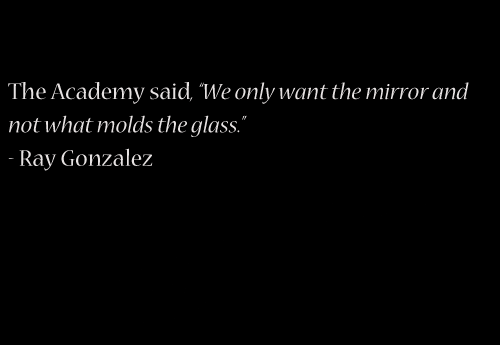
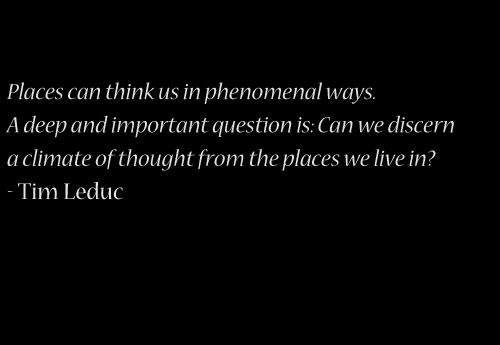
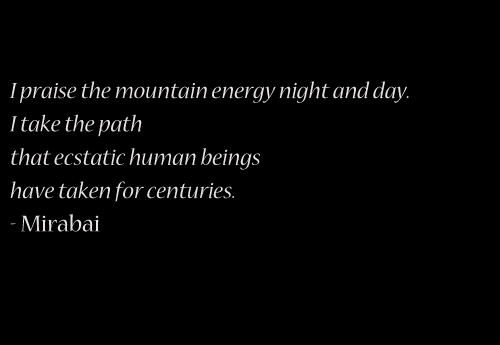
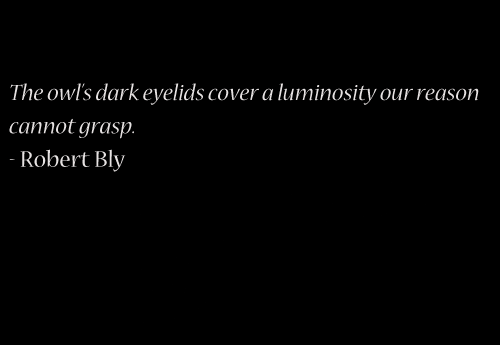
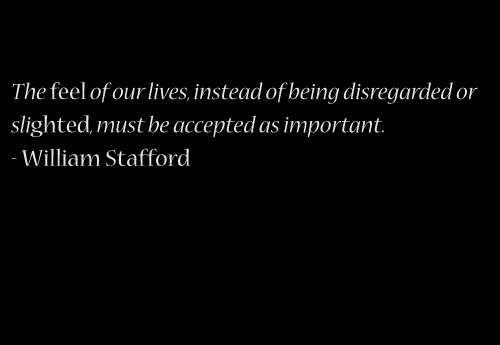
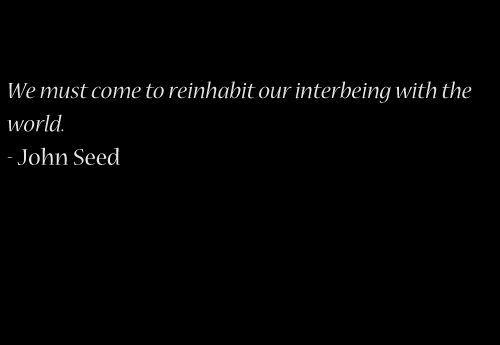






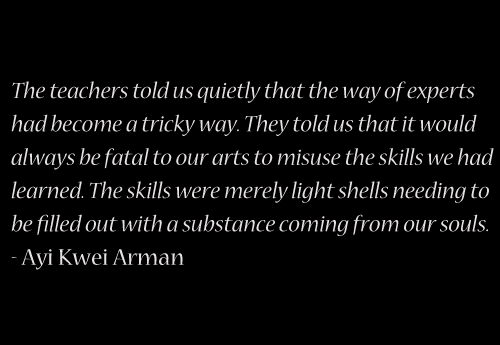
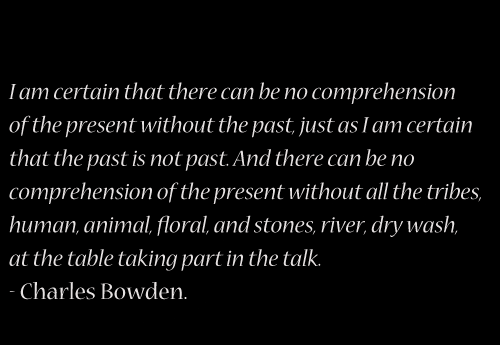
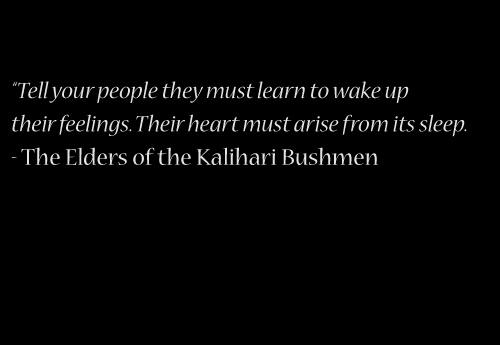
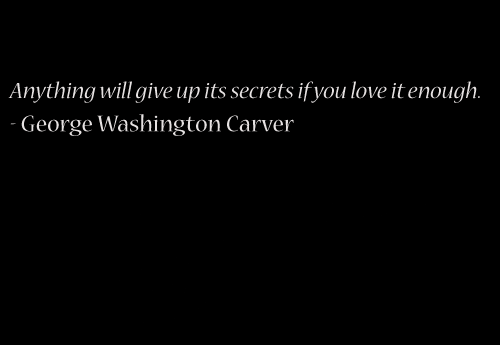
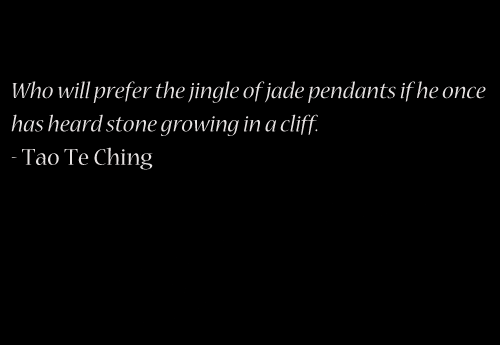
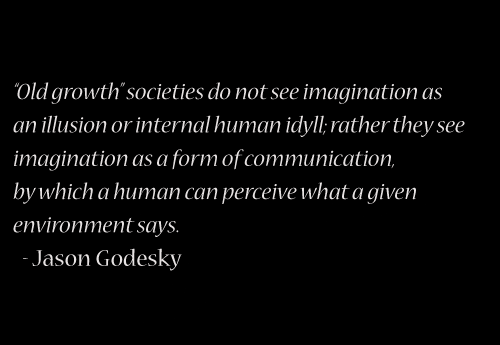
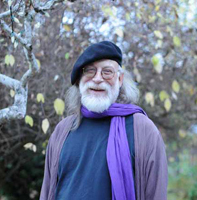 Stephen Harrod Buhner
Stephen Harrod Buhner
